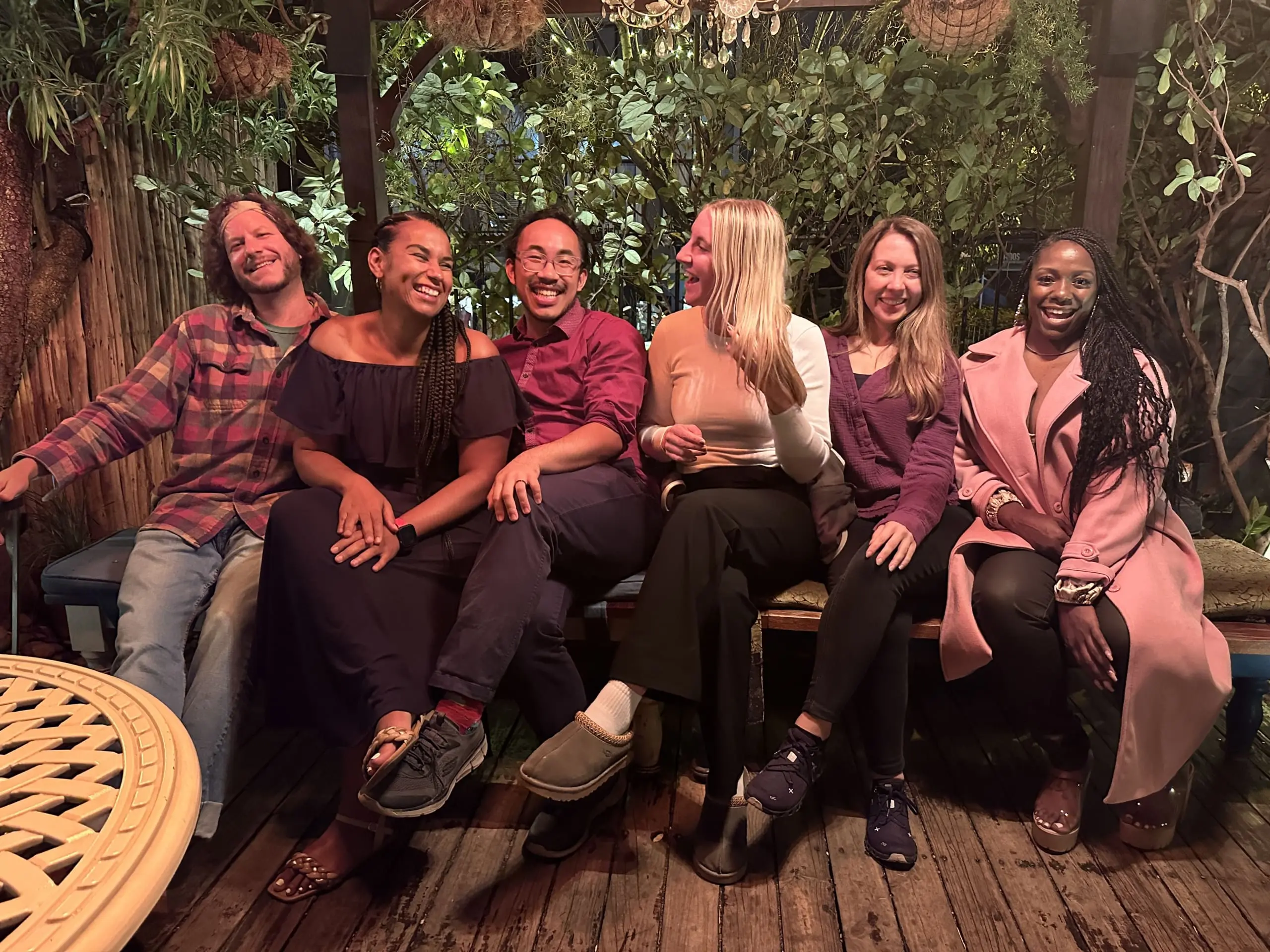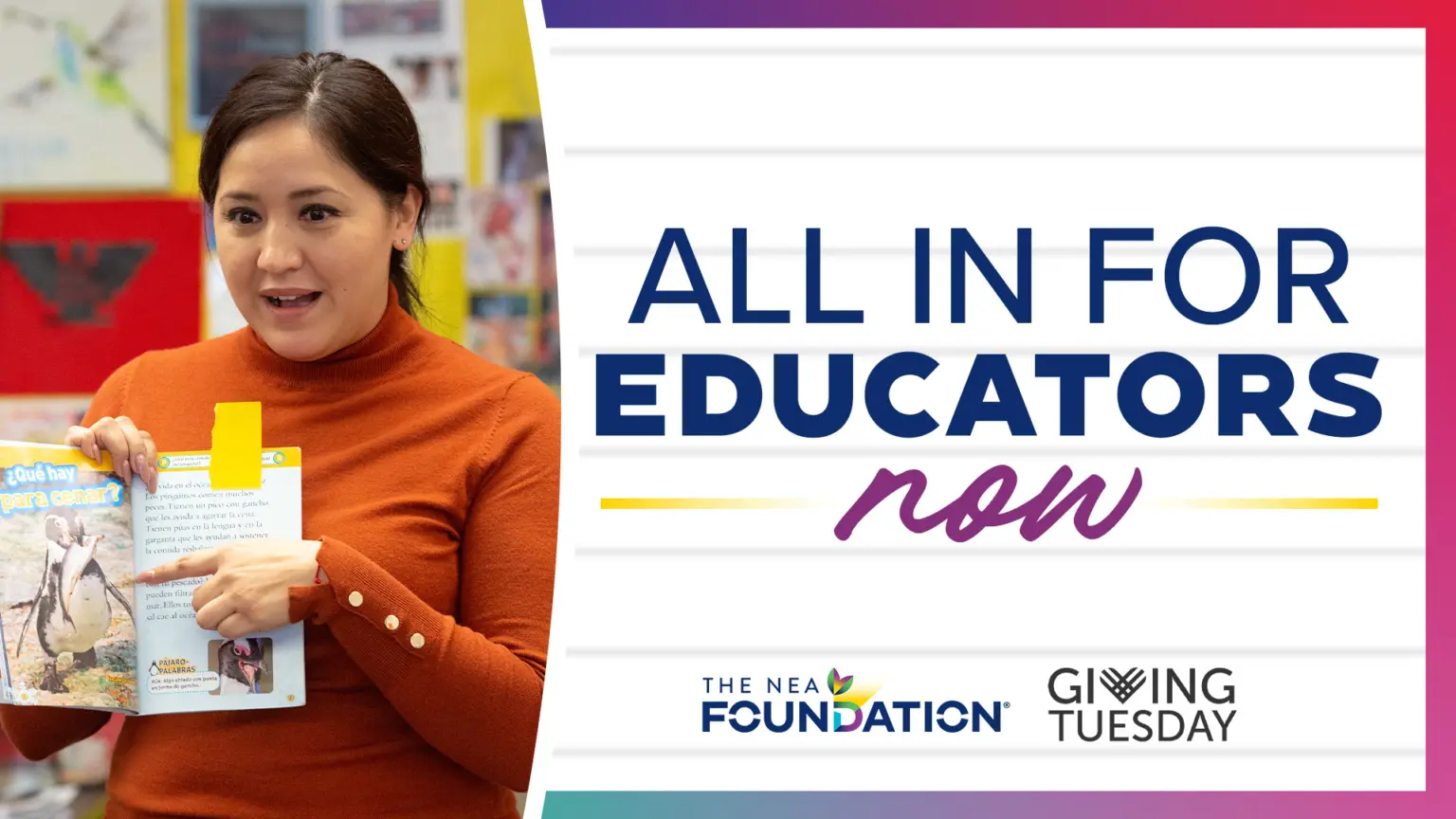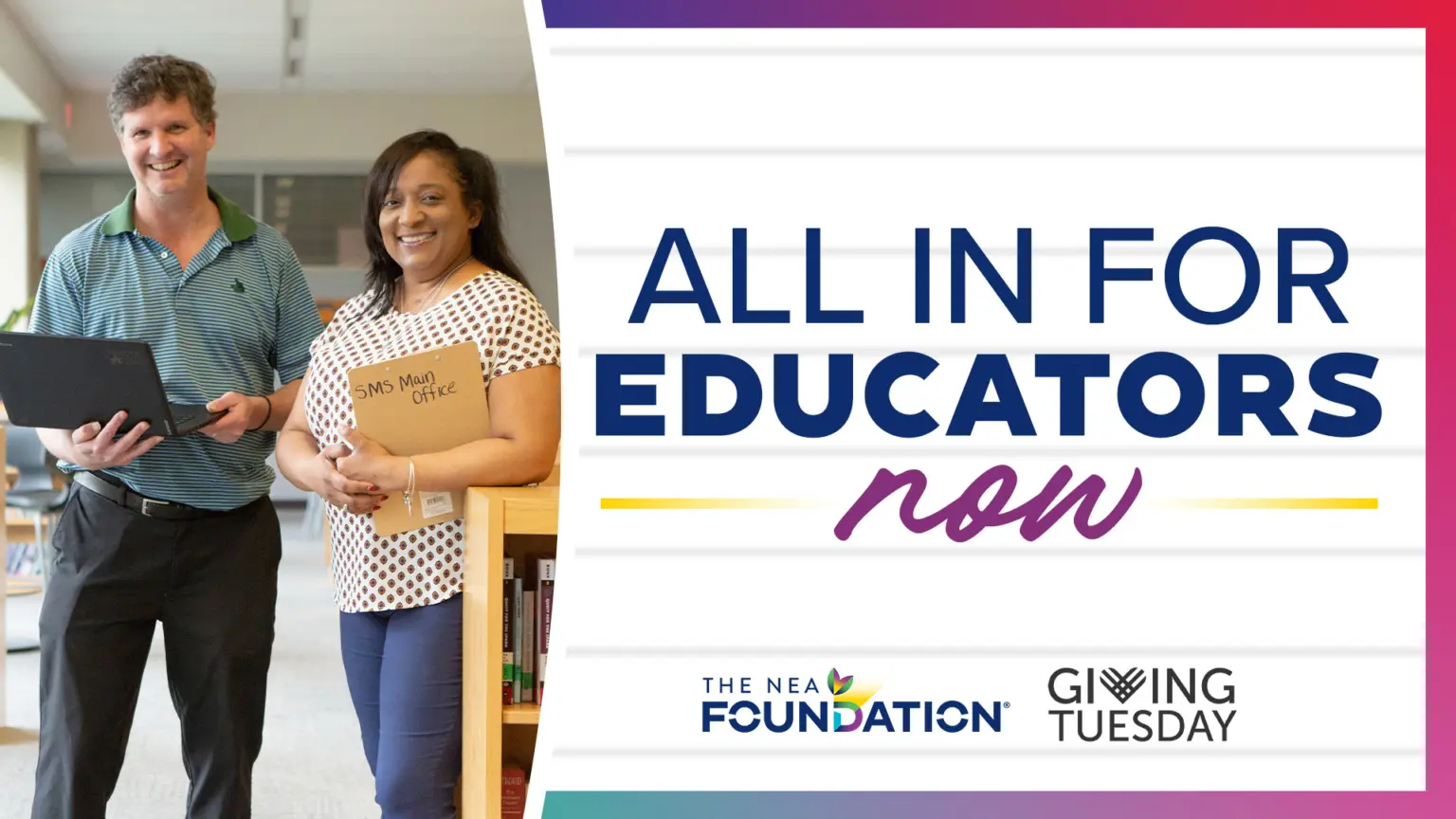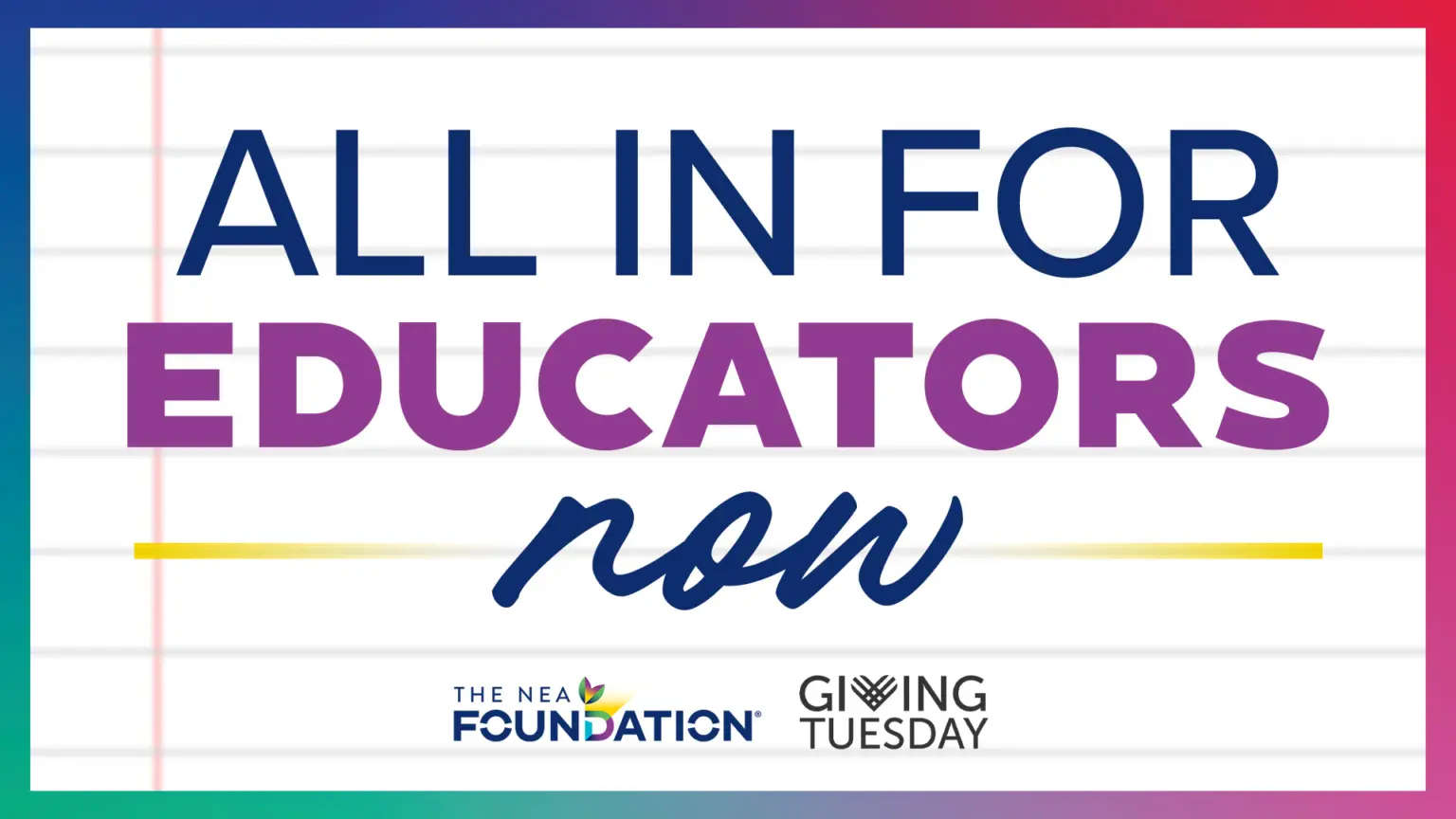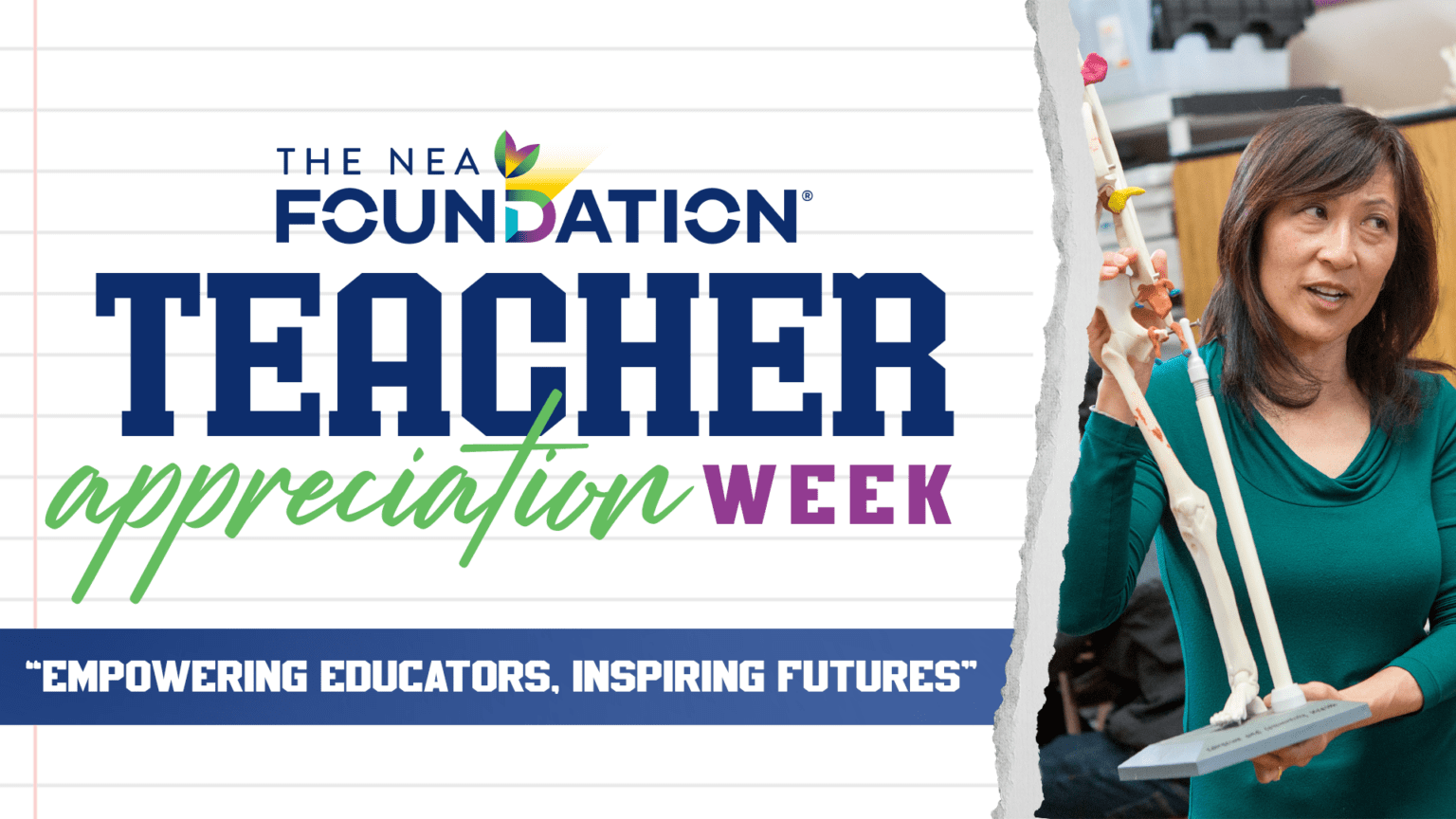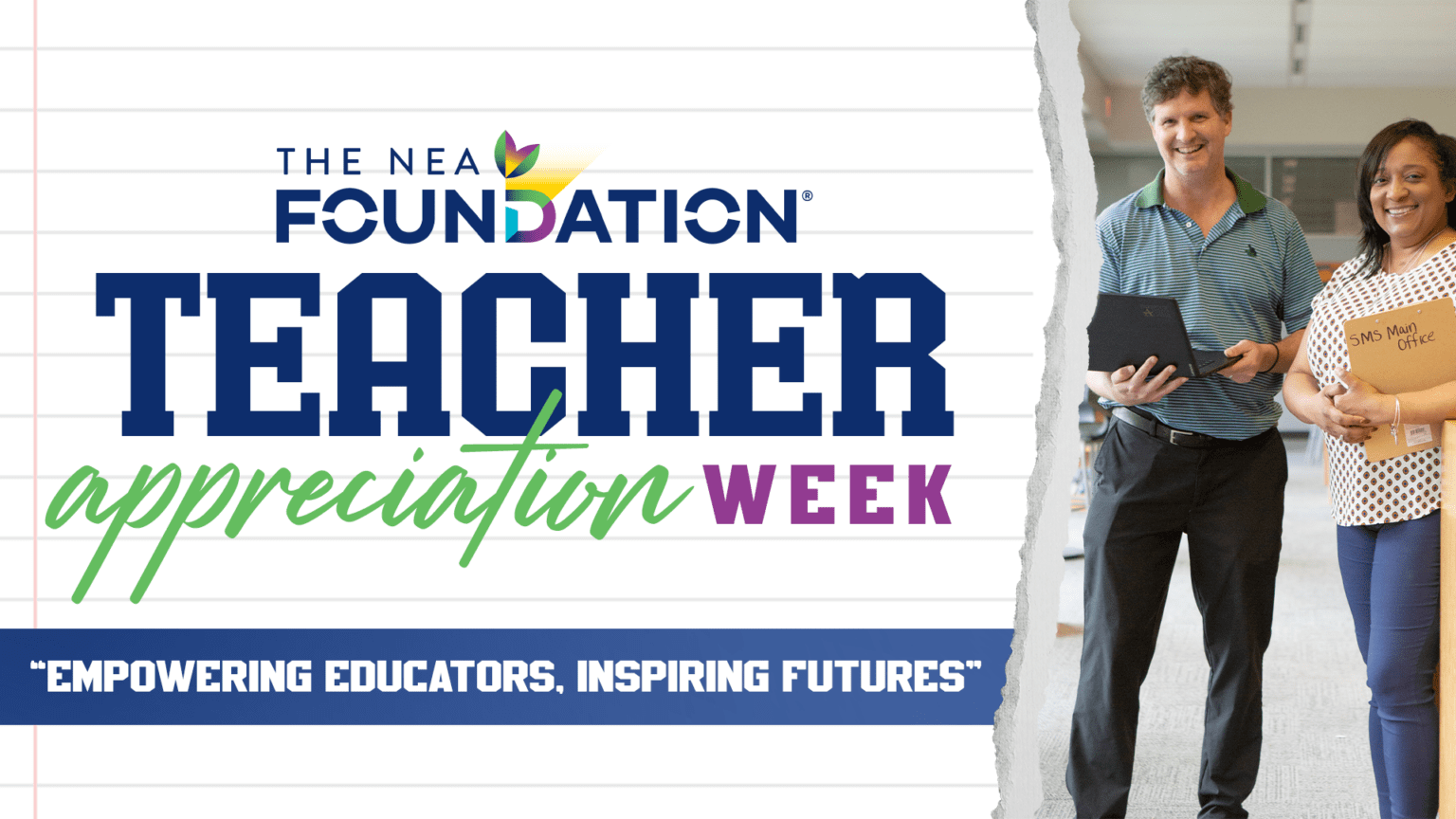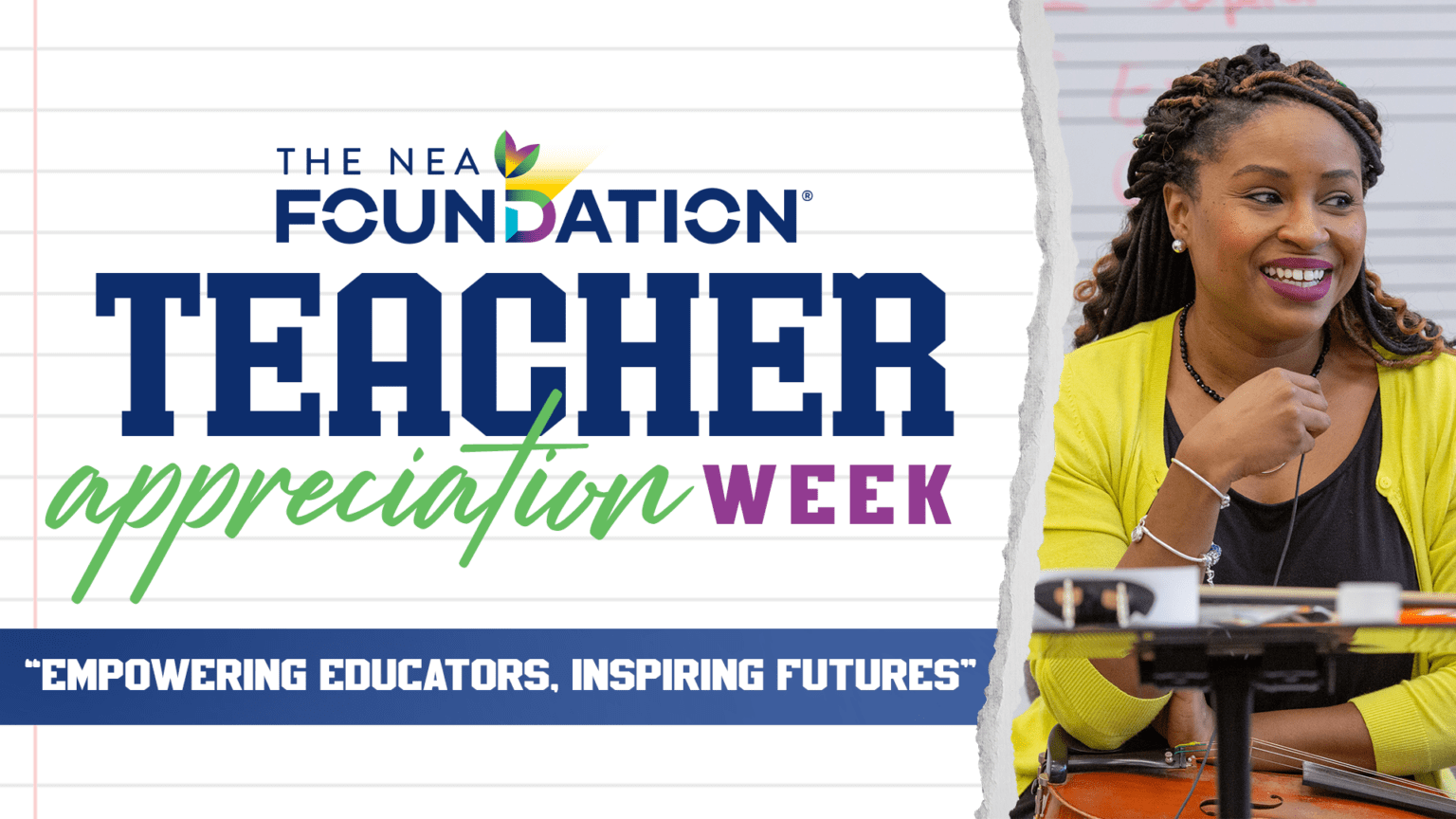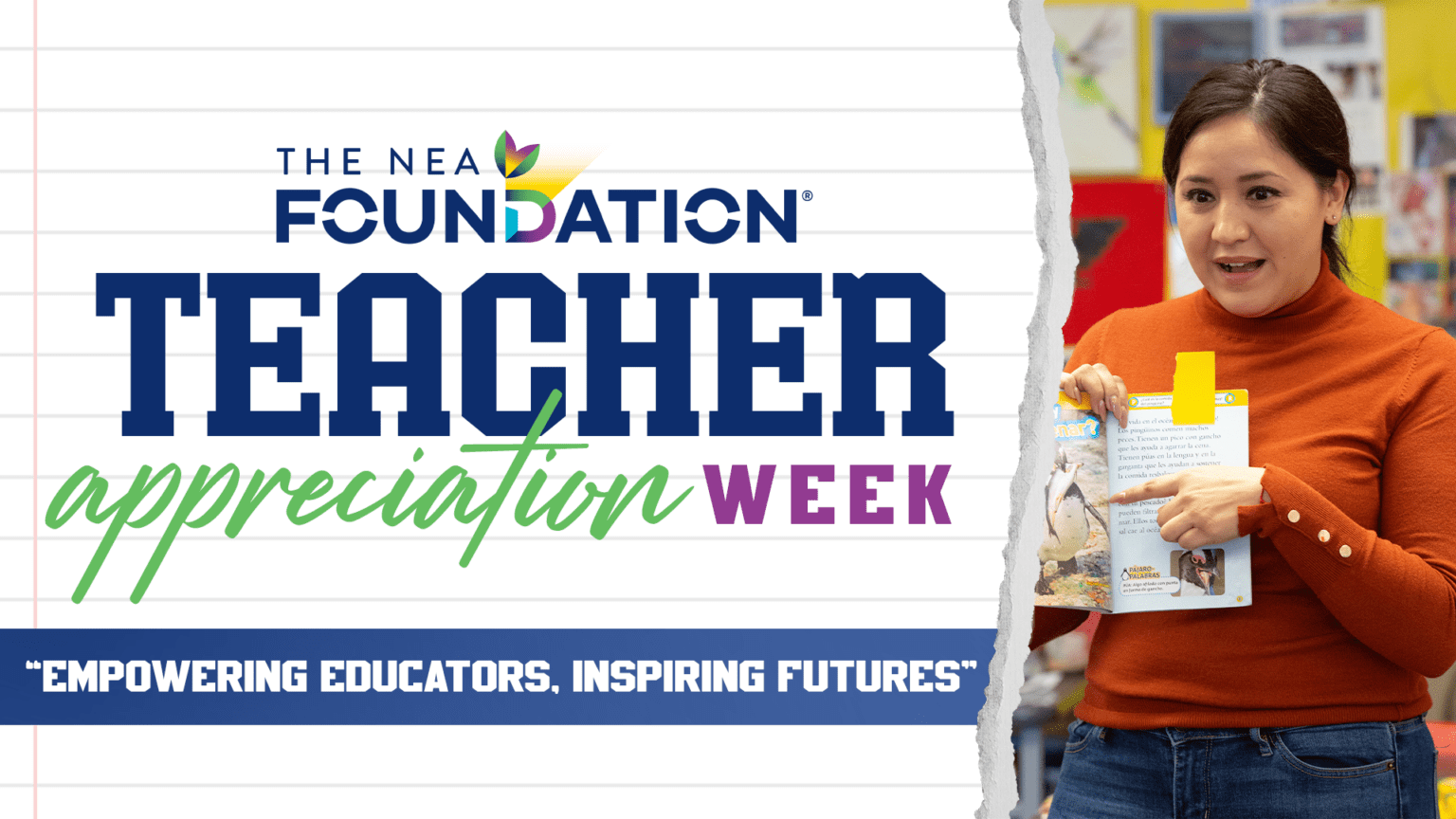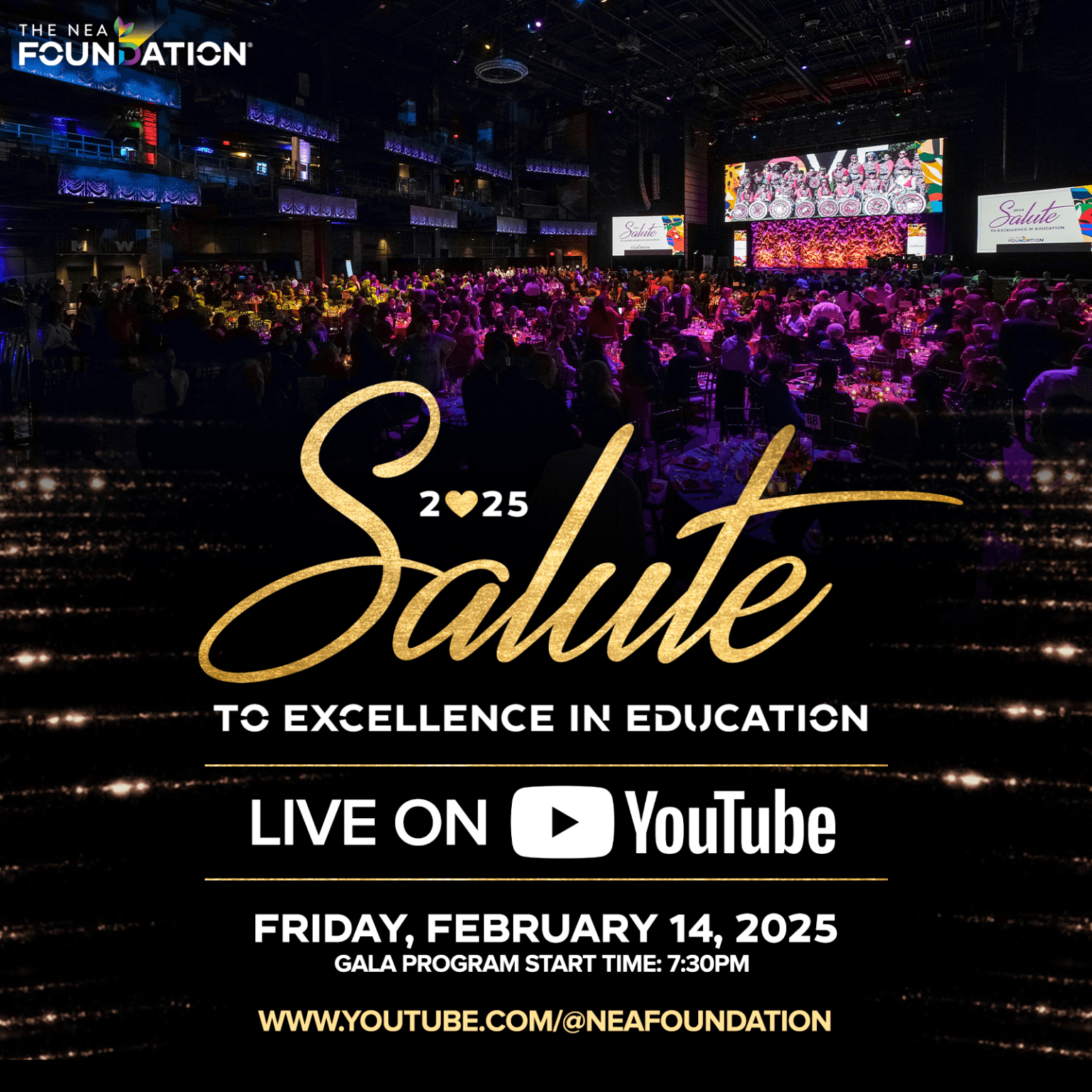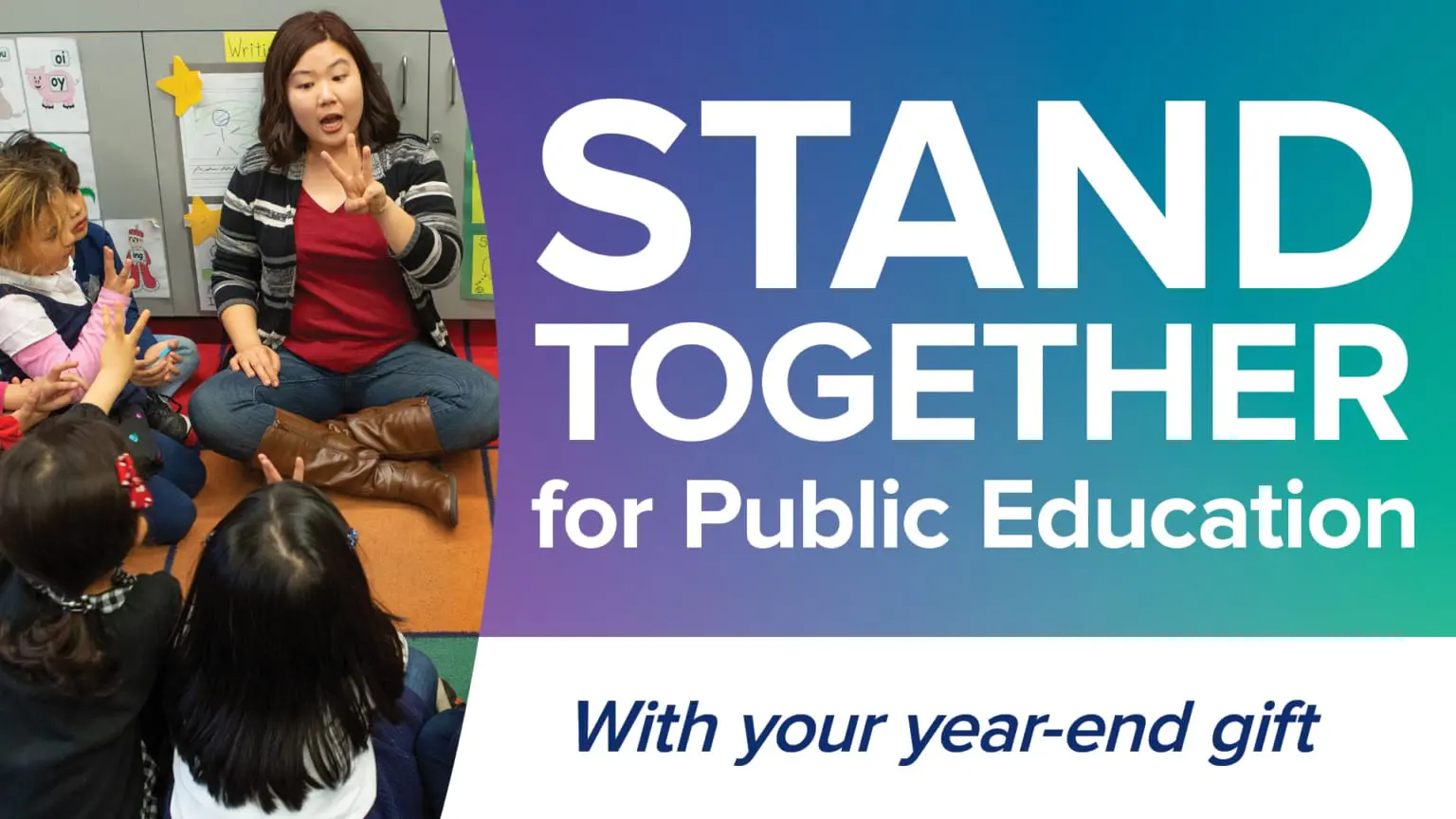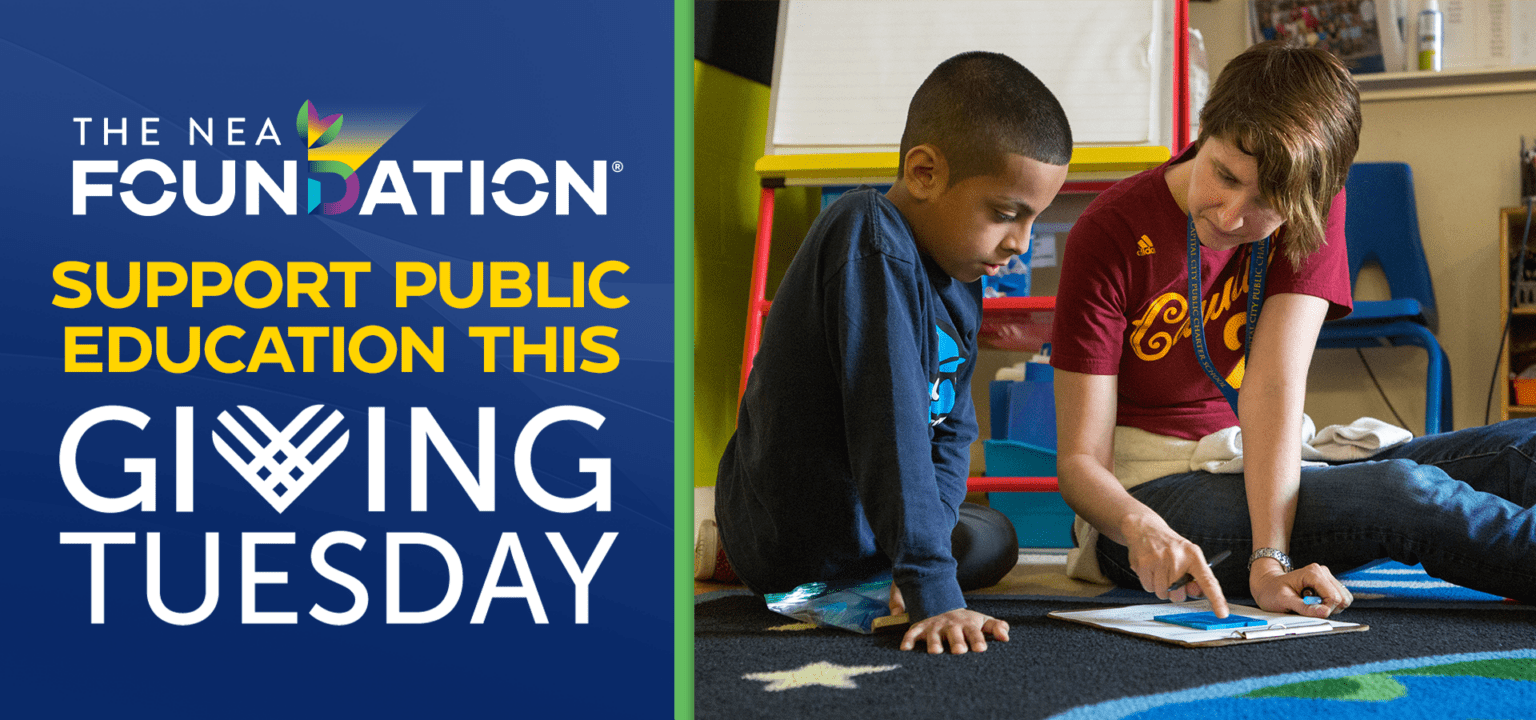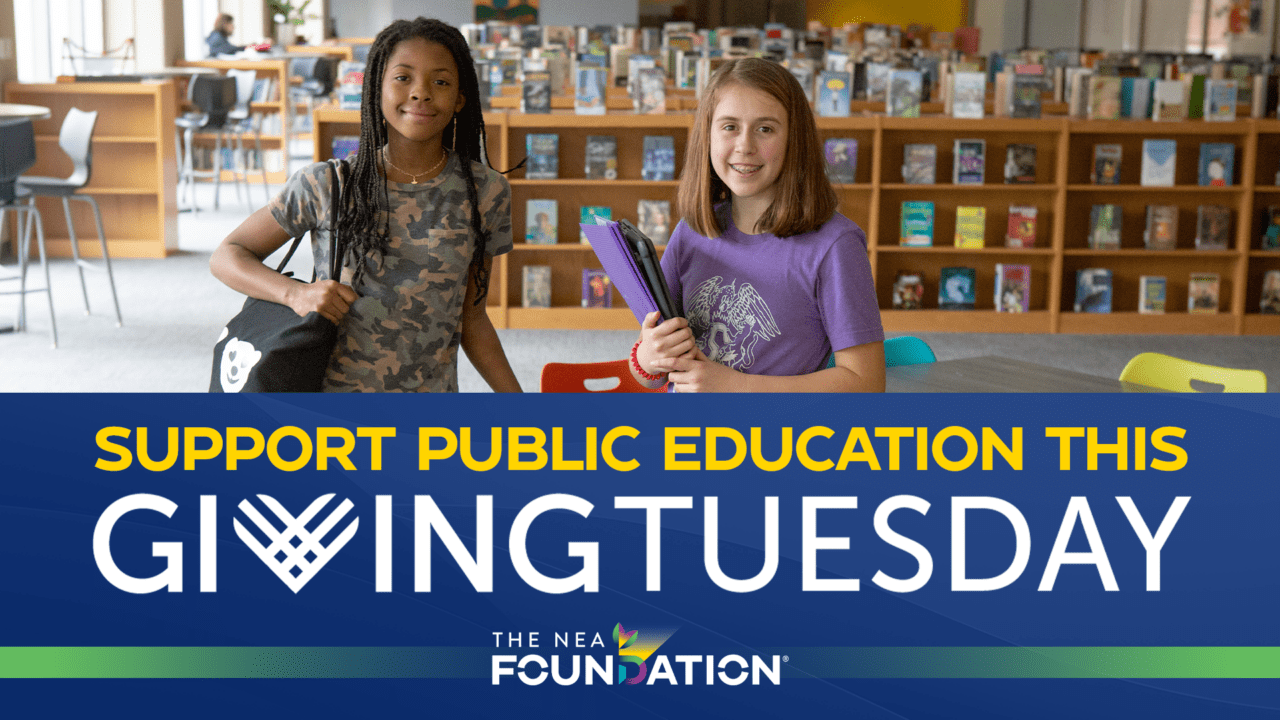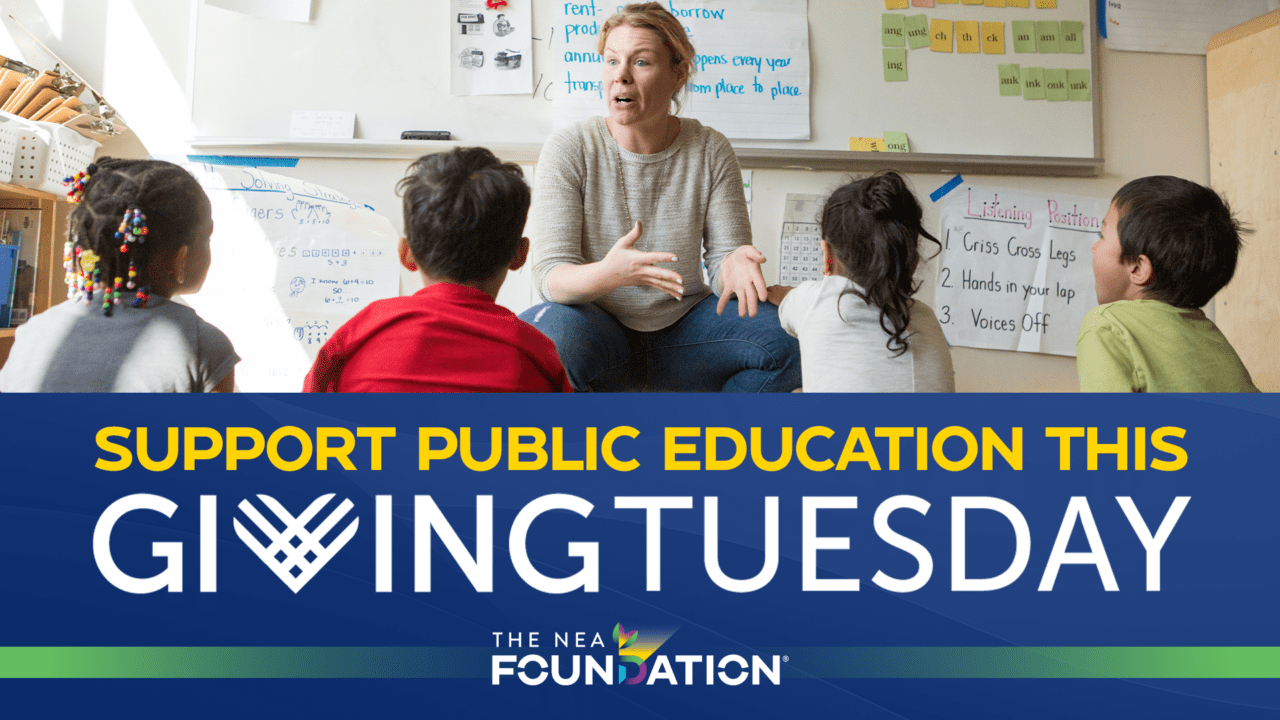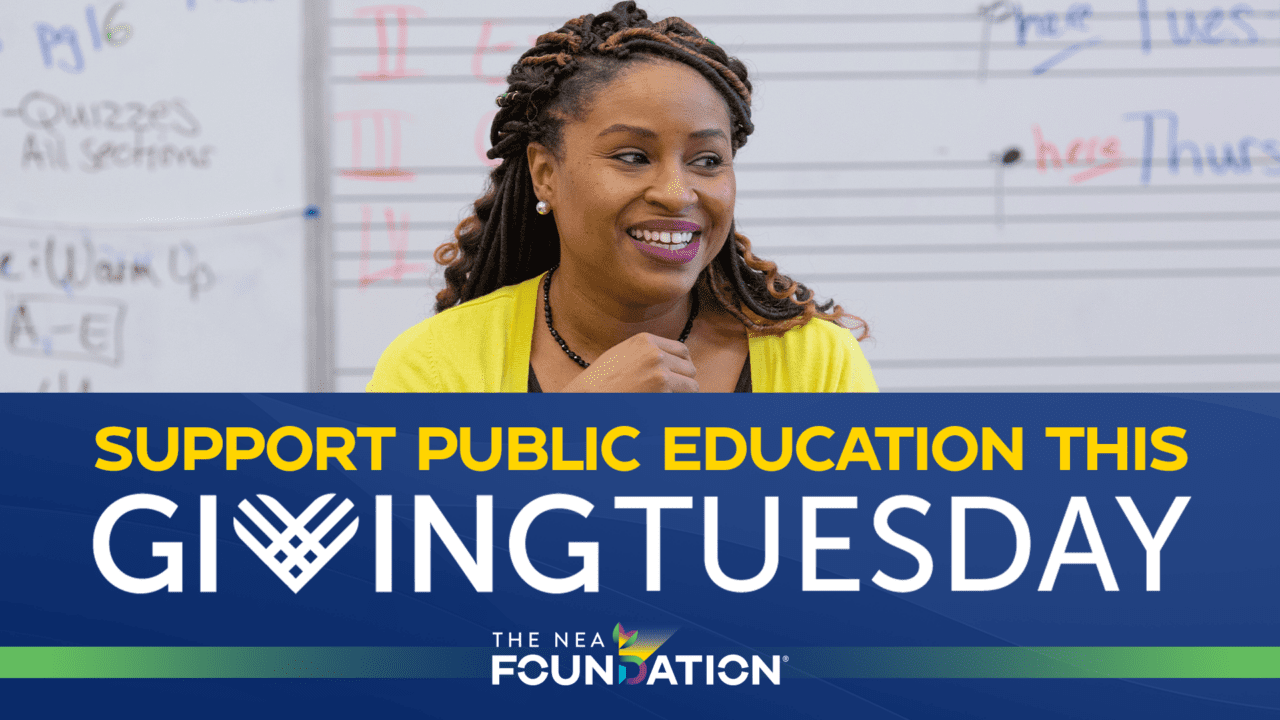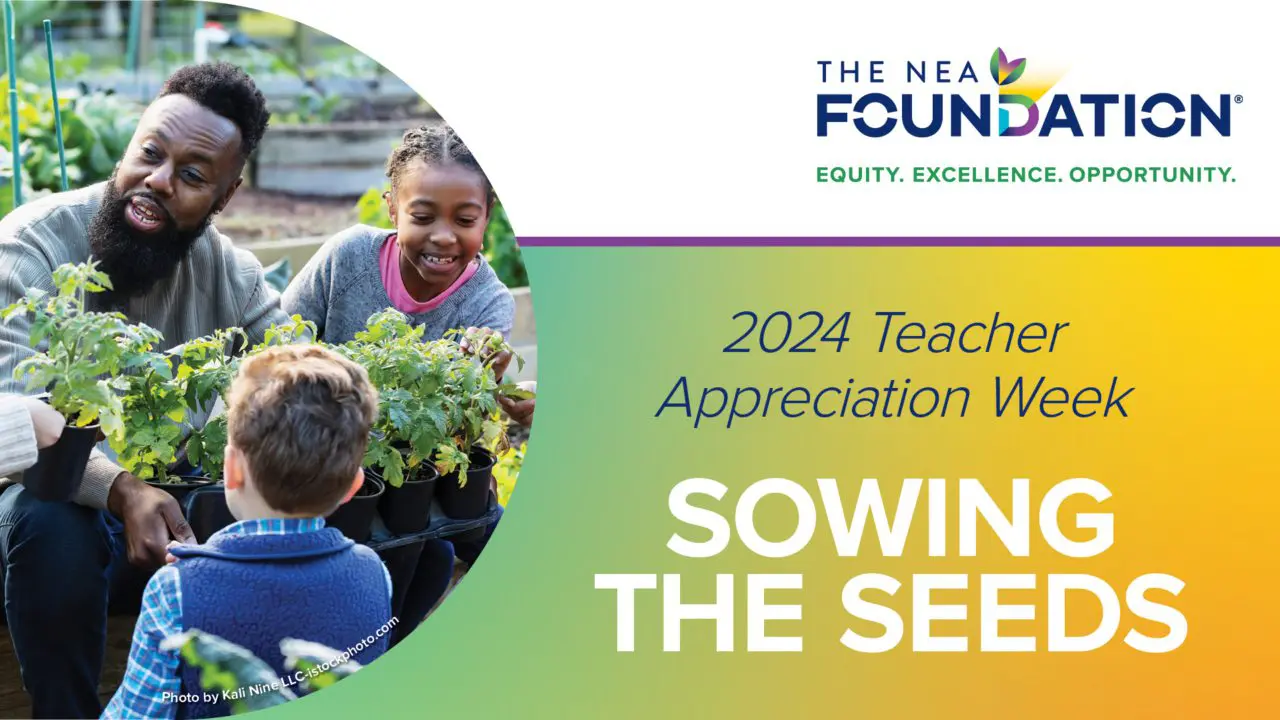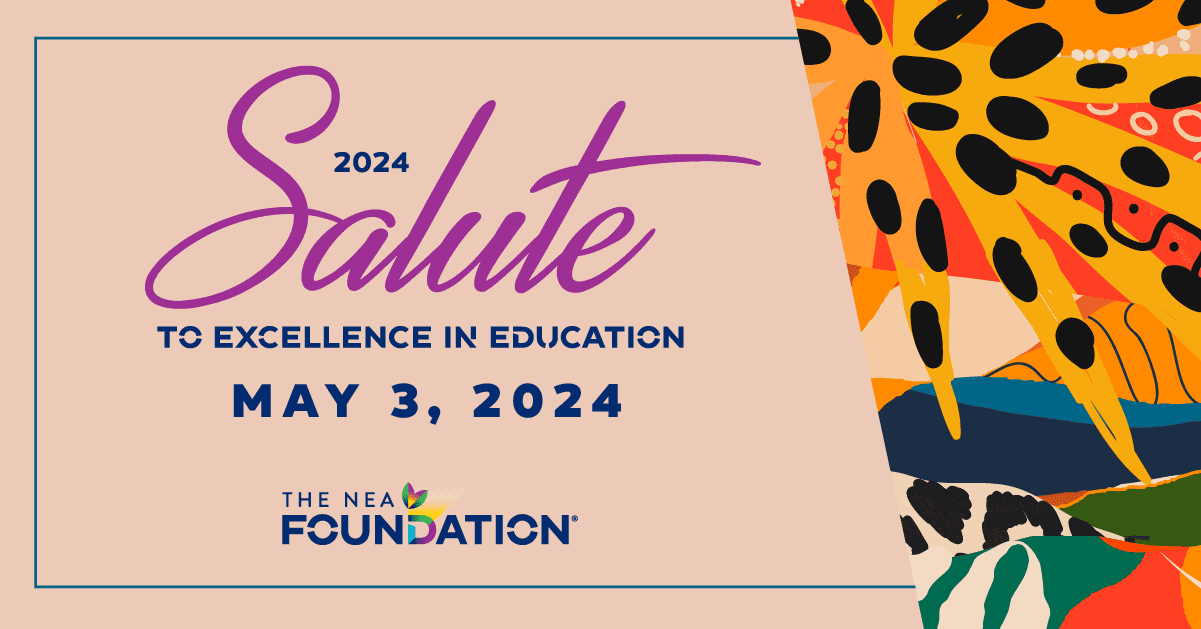FaBion Barnes is a music and choir educator in the small, rural town of Hamburg, Arkansas. But her teaching goes far beyond traditional music instruction, and is inspired in part by her experience with The NEA Foundation’s Global Learning Fellowship.
Barnes began her teaching career in 2013, working across three different elementary schools in the Hamburg area. Each school served a distinct racial demographic—one predominantly Black, one predominantly White, and one racially mixed.
“It was still very much segregated,” she recalled. “But I love bringing everybody together. People are beautiful to me. We’re all connected. We’re all intertwined.”
That desire to bring people together never left, and in 2022, Barnes applied for the Global Learning Fellowship, The NEA Foundation’s year-long professional development experience for educators centered on global competency. By that time, Barnes was teaching music and choir at Hamburg Middle School, and wanted to broaden her students’ horizons through exposure to different types of music and cultures.
“The fellowship was totally life-changing,” she said. “It helped me learn to think differently and better understand my students. You gain perspectives that change how you teach and how you see the world.”
For 10 months, Barnes participated in readings, webinars, writing, and reflection on topics related to global competency alongside 48 other public school educators from across the country. The culmination of the fellowship was an international field study in South Africa to learn about the country’s historical context and education system.
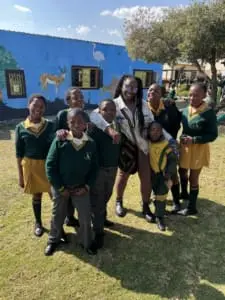
FaBion with a group of students in South Africa
Barnes distinctly remembers one school visit in South Africa in which the power cut out mid-presentation.
“The lights went off mid-presentation and they explained to us that they have electricity issues every day. And they just kept going with their presentation. They were so grateful and welcoming even though they have their hardships. That shifted something in me. My gratitude leveled up that day.”
Another highlight of the field study for Barnes was forming a friendship with a South African musician and fellow educator. After Barnes returned to Arkansas, the two began an international collaboration to bring cross-cultural awareness to their music classrooms.
“He made videos for my students and I made videos for his students,” Barnes said. “We even did a couple classroom Zoom calls. We created an assignment about musical expression, where we shared different musical genres from our cultures and the students made paintings that expressed how the music made them feel. It brought new energy into the classroom.”
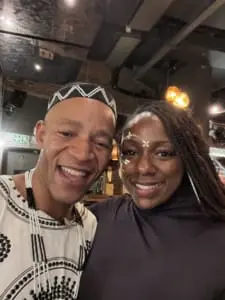
Barnes also showed her students videos she took in South Africa. She described the electricity issues, showed photos of animals she saw, and introduced them to African musical instruments.
“Since I completed the fellowship, my students’ interest in the world at large has definitely increased,” Barnes said. “They’ve become more in tune with things happening in the world. I like that. It’s also made me pay more attention to what’s going on around the country and the world.”
When asked what she’d tell another educator considering the Global Learning Fellowship, Barnes didn’t hesitate.
“Do it. You’ll be surrounded by like-minded educators who are passionate about making education better for all kids. It’s transformative. It’s free. It’s a win-win. You’ll become a better educator—and you’ll carry it with you forever.”
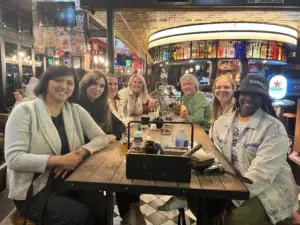
Want to support the Global Learning Fellowship and other educator opportunities? Make a donation today and sign up for our email newsletter to stay in the loop about more stories of excellence in education.

